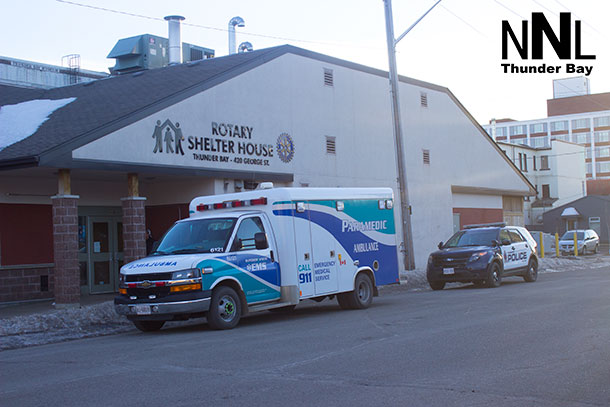
Building structures isn’t enough. But by bringing together supports and housing, we can give homes to people who struggle with health and shelter needs
By Jino Distasio
Expert Adviser
EvidenceNetwork.ca
WINNIPEG, Man. – SOLUTIONS – We’ve grown accustomed to seeing homeless people walk among us in countless North American cities. They’re often in the shadows, and often show visible signs of duress from addiction, mental illness or basic hopelessness. We’ve become desensitized to their experiences.
Many cities in Europe and Australia share North America’s inability to address chronic homelessness through policy, programs or funding that offer long-term solutions to improve well-being and improve housing stability.
But change is possible.
The federal government’s Budget 2017 earmarked a whopping $11 billion for housing and homelessness across Canada.
This will have a big impact.
However, these funds must not only build affordable housing. They must align with existing poverty reduction strategies, and mental health and recovery initiatives, if we’re to truly reduce long-term homelessness.
Meaningful impact requires funding a broad range of supports to ensure fewer Canadians are among the estimated 35,000 who have no place to call home on any given night. Perhaps this historic funding and the pending release of the National Housing Strategy (NHS) give reason for hope.
It’s important to consider where we have come from.
There’s little doubt this federal investment will change lives simply by reinvesting in a depleted affordable housing stock that, from a national standpoint, has had little attention since the 1990s. In the same period, Canada’s homeless population increased rapidly in cities that failed to address the root causes of poverty and homelessness.
Why did earlier programs fail?
By not considering the root causes, we too often took a narrow approach to homelessness such as building shelters but not investing in ancillary services. The preliminary vision of the NHS is that all Canadians have access to housing that “meets their needs and they can afford,” with housing described as the cornerstone of inclusive and economically prosperous communities. This vision is a good start but it needs to ensure that no Canadian is left behind – especially those struggling with chronic homelessness.
There is a successful model for tackling homelessness.
In the At Home/Chez Soi (AHCS) project that examined mental health and homelessness in Canada, we followed 2,150 people over six years (2008-2014). By bringing together a range of supports and housing, we ended homelessness for a significant number of people who struggled with health and shelter needs. This landmark study pioneered the AHCS Housing First model in Canada, and it ultimately expanded from the original five cities to more than 60.
This proven intervention has become the global standard for supporting people struggling with mental illness and homelessness. Hundreds of cities in multiple countries have followed the evidence.
So why are we slow to end homelessness?
We’ve done a good job with new policies and organizations tasked with ending homelessness in Canada – but strongly-worded plans have often been weakly supported with money and resources.
The erosion of the welfare state, austerity measures, deinstitutionalization, increased globalization, and the growing wage gap that so profoundly skewed income inequality in Canada have all increased homelessness and poverty in our country.
Indigenous Canadians also remain disproportionally represented among the homeless population. We know that the impacts of colonization, residential schools, and interactions with child and family services have greatly influenced the circumstances of indigenous communities. These are deep wounds. Let’s acknowledge that the Truth and Reconciliation Commission provided “the calls to action to advance reconciliation in Canada.”
So where do we go from here?
The budgeted $11 billion can go a long way toward healing the lives of those most in need in Canada. With these funds and a strong National Housing Strategy, we can make change happen.
Let’s not allow the global political shift toward austerity to derail our efforts to be forward thinking and caring.
We have evidence and no lack of effort. So let’s use this investment for housing and to improve health, end poverty and put us on the path to reconciliation.
Let’s end homelessness, one Canadian at a time.
Jino Distasio is an expert adviser with EvidenceNetwork.ca, an associate professor of Geography at the University of Winnipeg and director of the Institute of Urban Studies.
© 2017 Distributed by Troy Media
The views, opinions and positions expressed by all columnists and contributors are the author’s alone. They do not inherently or expressly reflect the views, opinions and/or positions of NetNewsLedger.

